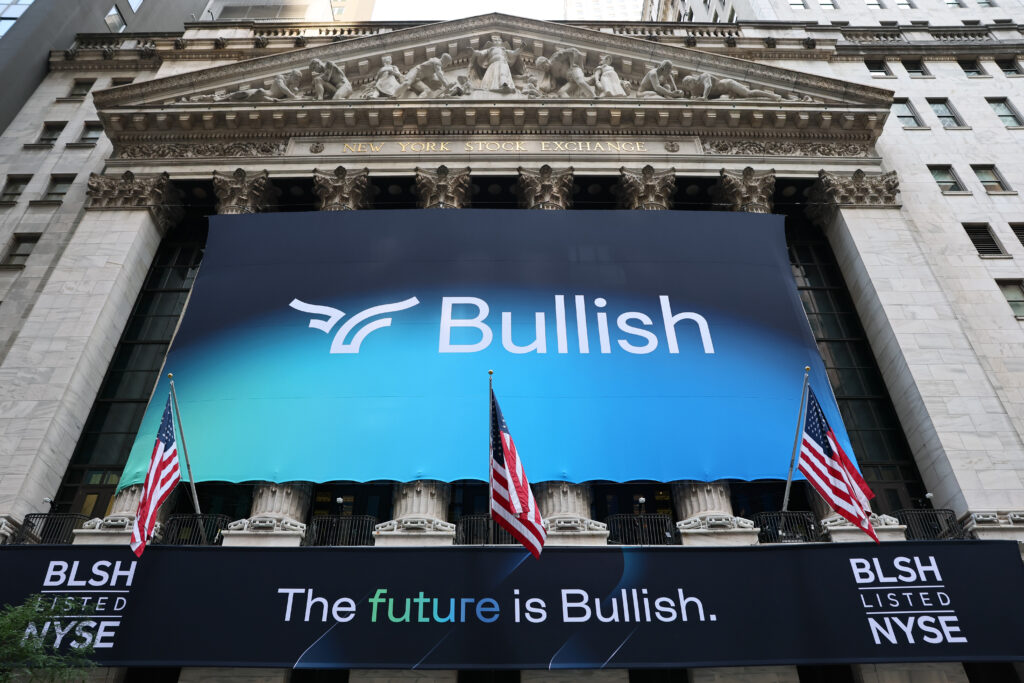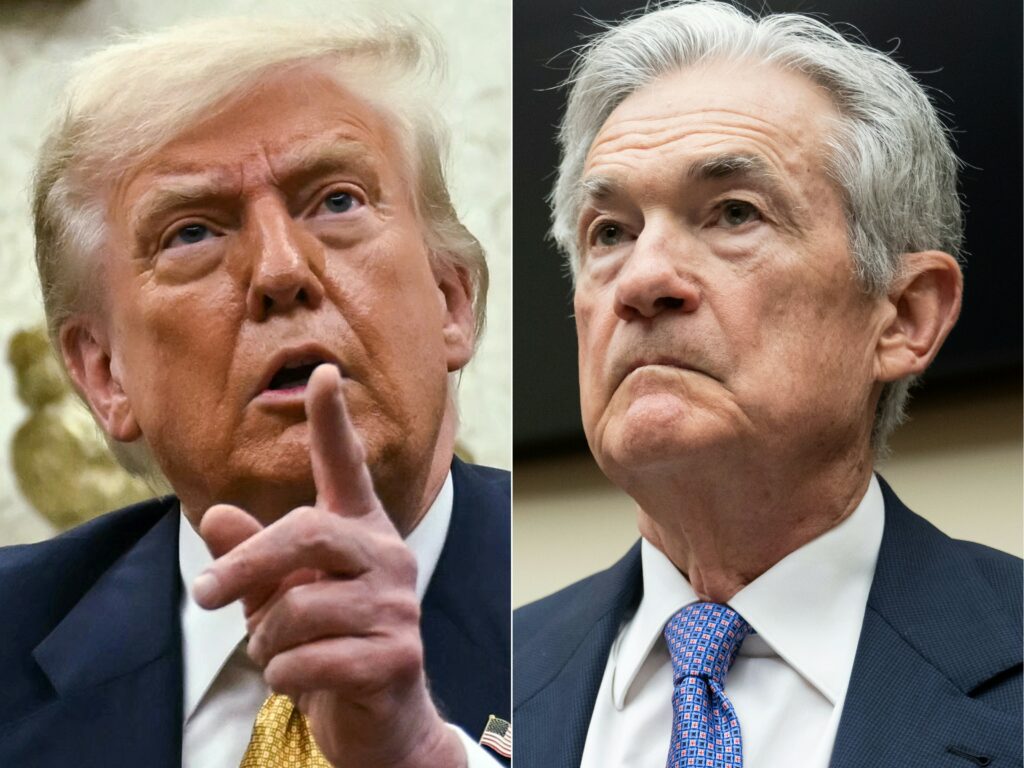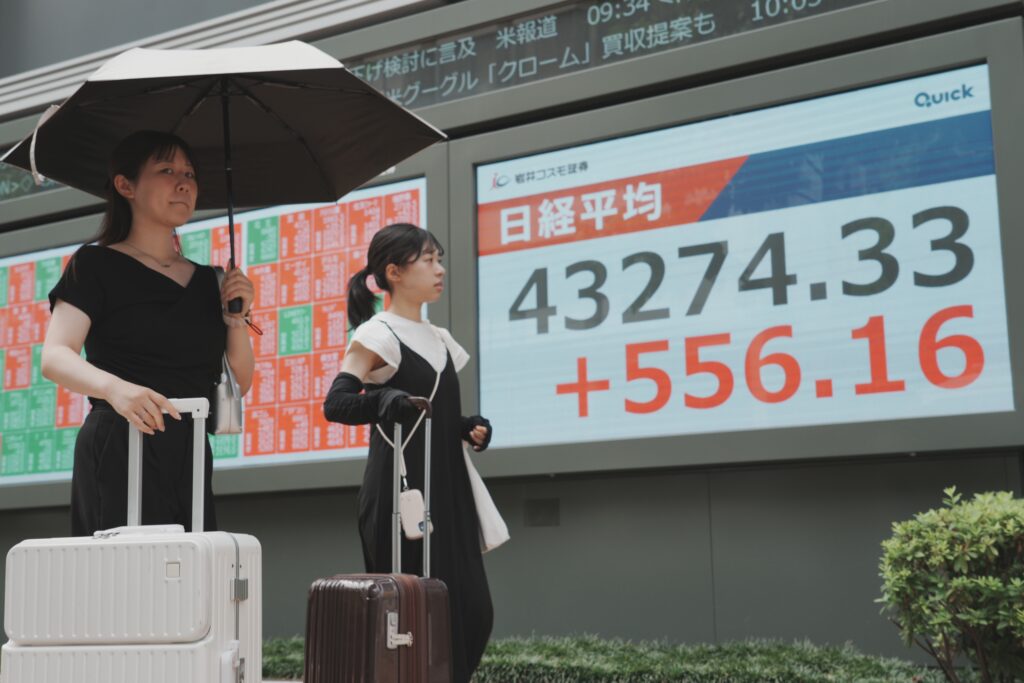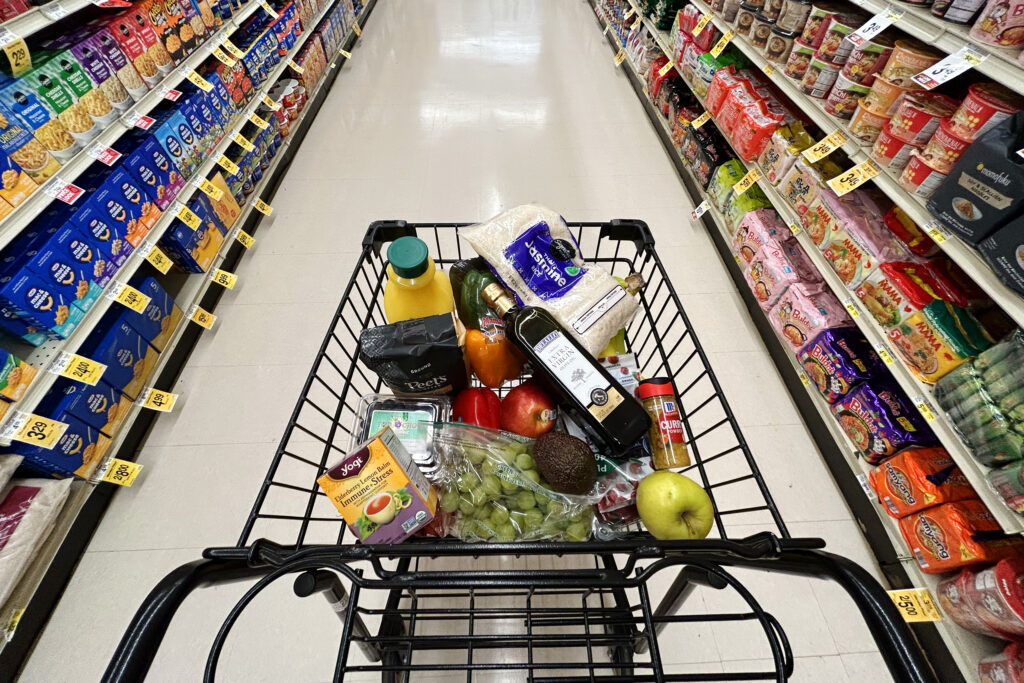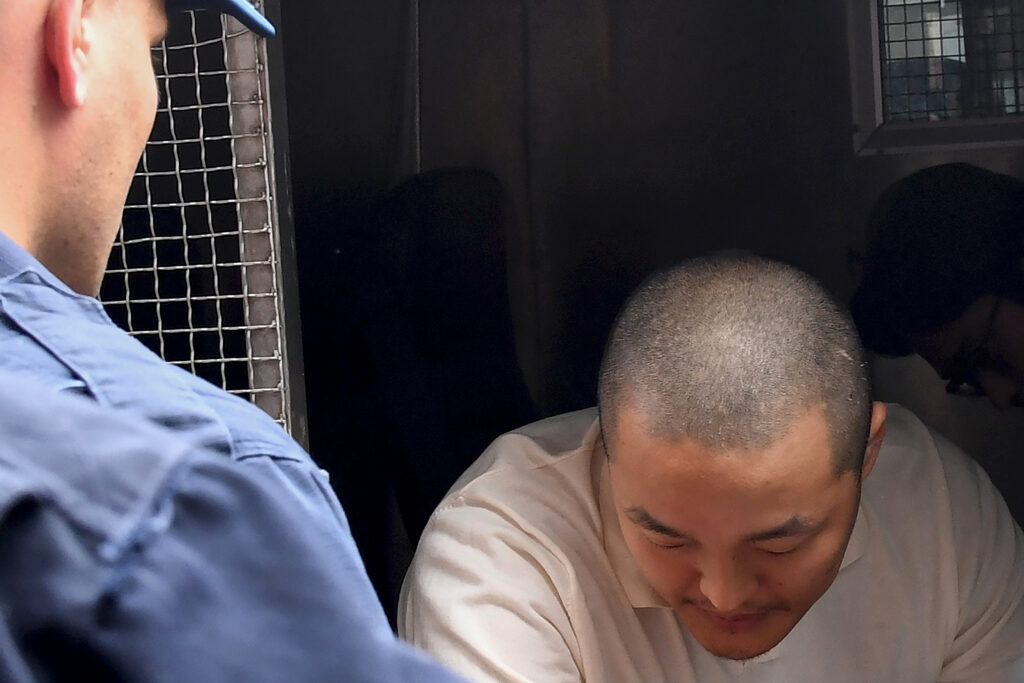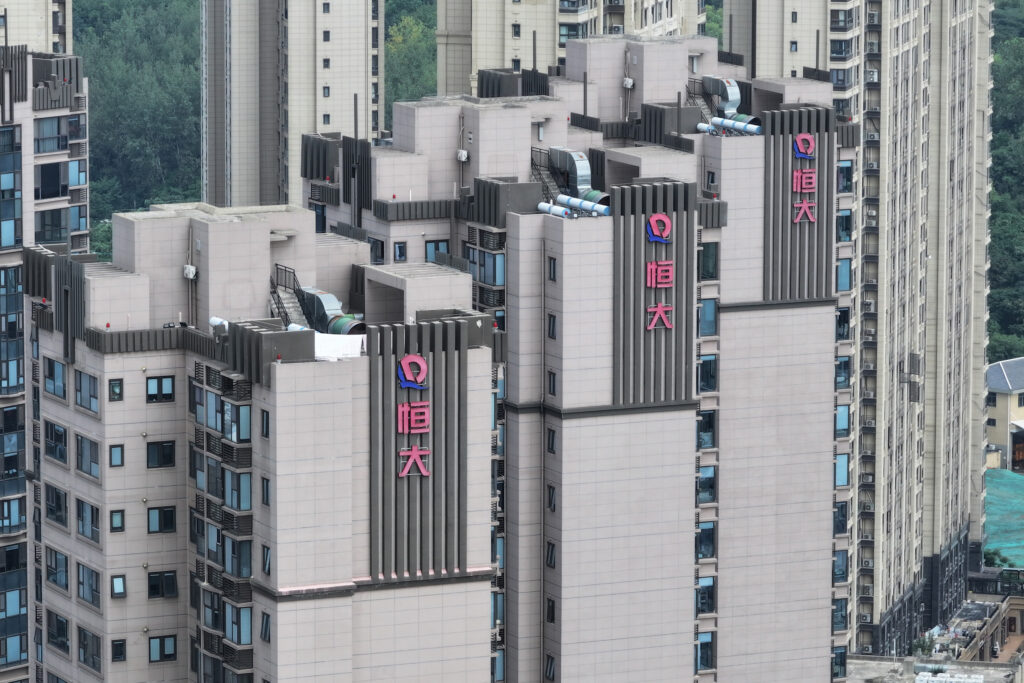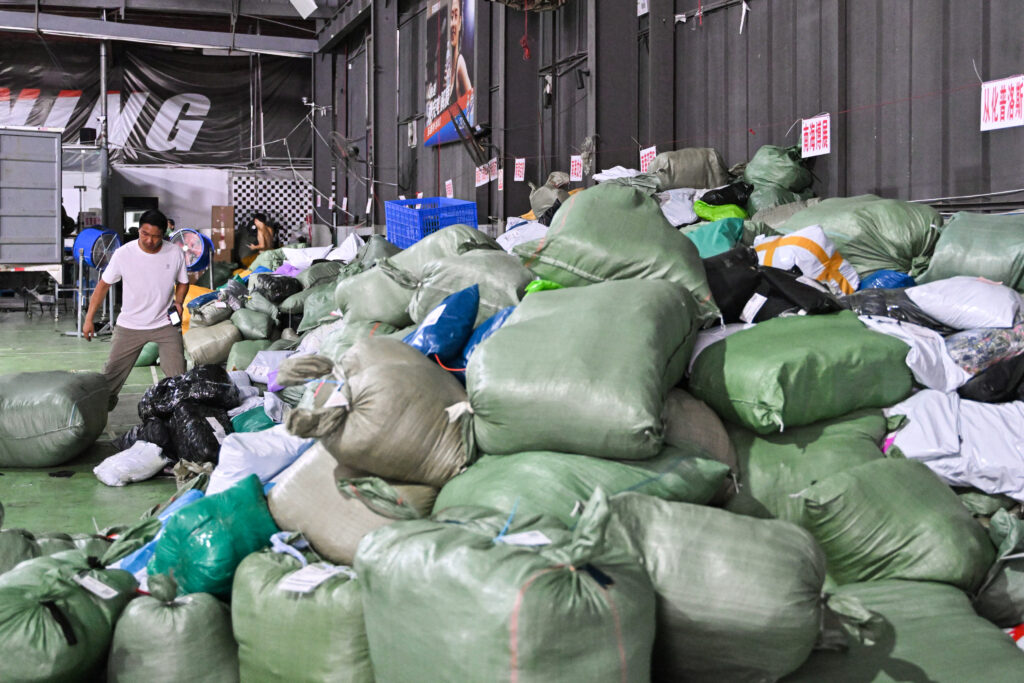Stocks extend gains on US rate cut bets
Stock markets rose Wednesday, with Wall Street building on the previous day’s record highs after steady US inflation data fueled hopes that the US Federal Reserve will cut interest rates.The broad-based S&P 500 index and the tech-heavy Nasdaq extended gains after reaching new summits on Tuesday. Both indices again finished at fresh records.Tokyo’s Nikkei index followed suit on Wednesday, hitting a record as it closed 1.3 percent higher.European stock markets also finished in the green.Investors have worried about the impact that US President Donald Trump’s tariffs will have on inflation and growth in the world’s biggest economy.But official figures showed Tuesday that the US consumer price index remained steady at 2.7 percent in July, unchanged from June. Investors shrugged off data showing that core CPI — a measure of inflation that strips out volatile food and energy prices — accelerated in July to the fastest pace in six months to 3.1 percent.”Even as core CPI was accelerating, markets were reassured because the tariff impact on inflation didn’t look so obvious this time,” Deutsche Bank analysts said in a note.Markets could have reacted negatively as core inflation is usually the data point favored by the Fed to make decisions on interest rates, said Ipek Ozkardeskaya, senior analyst at Swissquote Bank.”Investors instead increased September cut expectations, thinking that imported goods inflation remained lower than feared as companies continued to absorb tariff costs,” she said.Trump has repeatedly demanded that the independent Fed cut rates and lambasted its chief, Jerome Powell, over the issue. The central bank, which will make its next interest rate decision in September, has kept borrowing costs unchanged for now.The dollar slumped against other major currencies as the prospect of lower interest rates reduced its appeal to foreign investors.Investor focus was also on a summit in Alaska on Friday between Trump and Russian President Vladimir Putin on the three-year-old Ukraine war.And oil prices retreated as the International Energy Agency raised its forecast for supply growth in 2025 and 2026 — leaving the world with a surplus — after OPEC+ decided to raise production.- Key figures at around 2030 GMT -New York – Dow: UP 1.0 percent at 44,922.27 (close)New York – S&P 500: UP 0.3 percent at 6,466.58 (close)New York – Nasdaq: UP 0.1 percent at 21,713.14 (close)London – FTSE 100: UP 0.2 percent at 9,165.23 (close)Paris – CAC 40: UP 0.7 percent at 7,804.97 (close)Frankfurt – DAX: UP 0.7 percent at 24,185.59 (close)Tokyo – Nikkei 225: UP 1.3 percent at 43,274.67 (close)Hong Kong – Hang Seng Index: UP 2.6 percent at 25,613.67 (close)Shanghai – Composite: UP 0.5 percent at 3,683.46 (close)Euro/dollar: UP at $1.1704 from $1.1675 on TuesdayPound/dollar: UP at $1.3577 from $1.3500Dollar/yen: DOWN at 147.40 yen from 147.84 yenEuro/pound: DOWN at 86.21 pence from 86.47 penceWest Texas Intermediate: DOWN 0.8 percent at $62.65 per barrelBrent North Sea Crude: DOWN 0.7 percent at $65.63 per barrel
